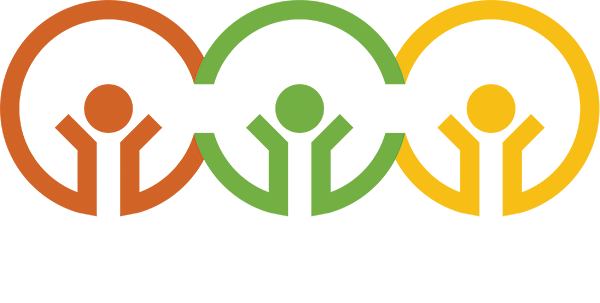POST-CONFERENCE LEARNING WORKSHOP
Evaluation of Public Policy and Programs Using Observational Data
Friday, July 12, 8:30 am to 4:00 pm
Organizers: Getu Hailu (University of Guelph) and Kara Beckles (Agriculture and Agri-Food Canada)
Instructors: Yu Na Lee (University Guelph), Chad Lawley (University Manitoba), Duane Hayes (Agriculture and Agri-Food Canada), Alessandro Alasia (Statistics Canada) and Hamit-Haggar Mahamat (Statistics Canada)
Computer and Data Support: Natalia Piedrahita (University of Guelph) and Liam Kelly (University of Guelph)
Eligibility: The workshop is open and free to all CAES members and AAFC employees. Space is limited to 40 participants. Add the workshop when you register through the Member Area.
Objective
The role of observational microdata and public policy and program evaluation has become more important over time for government departments and academics alike. Meanwhile, there is an increasing recognition that the complexity of twenty-first-century society requires statistical analysis and government departments to work together in partnership with the research community in developing common knowledge of approaches for the effective evaluation of public policies and programs.
This workshop is designed to provide hands-on experience for government policy analysts and academic researchers to perform impact analysis of public policies and programs using advances in microeconometrics and data linkages. The course will focus on agri-food related public policies and programs and address the following questions:
- What approaches can be used to analyse and track policy or program impacts?
- What are the issues and challenges?
- How do we address attribution?
- How do we address data challenges in analyzing policy and program impacts?
At this workshop, participants will learn about theories of program evaluation, including econometric techniques for identifying the counterfactual and assessment of causal validity in research. This will then be followed by hands-on practical application of the theory to program evaluation using synthetic microdata base on a real Agriculture and Agri-Food Canada’s program.
Working with Agriculture and Agri-Food Canada (AAFC), Statistics Canada will identify and provide the microdata for the program evaluation exercise using R or STATA. AAFC will identify a number of research questions that are of interest to provincial and federal government organizations for the exercise.
Prior to the workshop, instructors will send workshop materials to participants (if possible).
Agenda
08:30-9:00: Networking & Coffee
9:00-9:30: Setting the Stage
Results and Delivery, Government Data Strategies and implications for measuring the impact of Policies and Programs Kara Beckles (AAFC)
The Linkable File Environment (LFE) and other Statistics Canada’s (STC) initiatives that will improve data available for impact assessments of policies and programs Greg Peterson (STC)
9:30-11:00: Concepts and Evaluation Methodologies Yu Na Lee (University Guelph)
A lecture on the theories, concepts and methodologies of policy and program’s impact assessment including: identification of the research questions; identification of appropriate data and sources; causal inferences using observational data and challenges to identification; and the identification of methods/tools for policy and program impact assessment.
11:00-11:15: Networking & Coffee
11:15-12:30: Applying the Method Chad Lawley (University Manitoba)
A lecture and detailed discussions of the application of concepts and methodologies using several published articles on Canadian agricultural policy issues. The discussion of each article will include: 1) identification of the research question, 2) nature of the data and data sources, 3) presentation of the research design, and 4) a discussion of results and approaches to assess the robustness of results.
12:30-1:30: Lunch
1:30-3:30: Practical Application Using Data
A hands-on lab on how to conduct policy/program’s impact assessment to answer real program performance questions. This will include the use of synthetic data from an AAFC program linked to other data sets and provided by Statistics Canada. This exercise will use STATA and or R codes.
3:30-4:00: Closing Remarks Kara Beckles (AAFC) and Getu Hailu (University of Guelph)
